M-EPLI Blog
The M-EPLI Blog covers a variety of topics related to the institute's areas of expertise, from recent legal developments in the field of private law, to updates on research activities of our members, to information on the institute's research events.
We also welcome guest contributions. Please reach out if you are interested in contributing to the M-EPLI Blog.
Property & Democracy
- Law
On 16 April 2025, M-EPLI hosted Professor Dr Bram Akkermans from Maastricht University’s Faculty of Law and Professor Dr Lorna Fox O’Mahony from the University of Essex, England, to discuss the evolving role of private property within liberal democratic systems. Their proposal centred on the idea that private property is not merely a legal construct but a crucial interface between the economic, social, and environmental constitutions. The discussion was moderated by both speakers together with Dr. Kate O’Reilly from Maastricht University.

Rethinking Vulnerability: How Consumer Law Forgets About Elders
- Law
On March 13, 2025, M-EPLI welcomed Professor Bianca Gardella Tedeschi from the University of Eastern Piedmont in Italy to present her groundbreaking research on recognising elders as vulnerable consumers in EU consumer law. The presentation, moderated by Dr. Daniel On, sparked a vibrant discussion led by Carolina Lisboa about the complex intersection of aging, autonomy, and consumer protection.

Comparative Insights on the Role of Values in Contract Law
- Law
M-EPLI welcomed Dr. Timothy Dodsworth on 19 February as a speaker in the M-EPLI Talks series. Dr. Dodsworth’s talk entitled, The Underlying Values of German and English Contract Law, focused on looking at German and English court decisions to extract insights into how legal systems balance competing values in contract law.

Clarifying the Legal Status of Online Logistics Platforms in Europe
- Law
Our recent study (with Prof. Wouter Verheyen University of Antwerp) explores the legal uncertainties associated with the rise of online logistics platforms, which optimise the flow of goods through digital procurement mechanisms but lack a clear regulatory framework akin to international transport conventions. By investigating the legal classification of these platforms and examining their intermediary role and liability across different legal systems, the study offers new insights into contract creation in a digitalised logistics context.
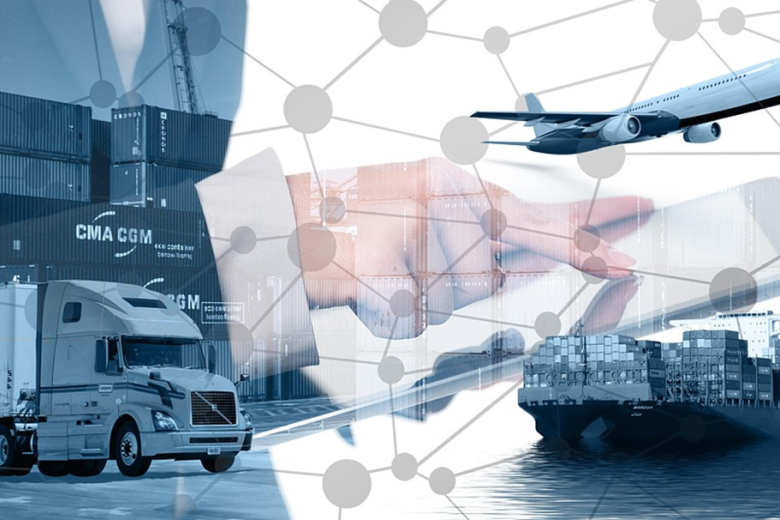
Breaking Legal Boundaries: How Private International Law Can Keep Up With Global Value Chains
- Law
On Wednesday 29th January, M-EPLI welcomed Prof. dr. Toshiyuki Kono, Professor at the Graduate School of Law at Kyushu University, Japan. The event was moderated by Dr. Daniel On, followed by an insightful commentary by Prof. dr. Marta Pertegas and discussion with the participants.
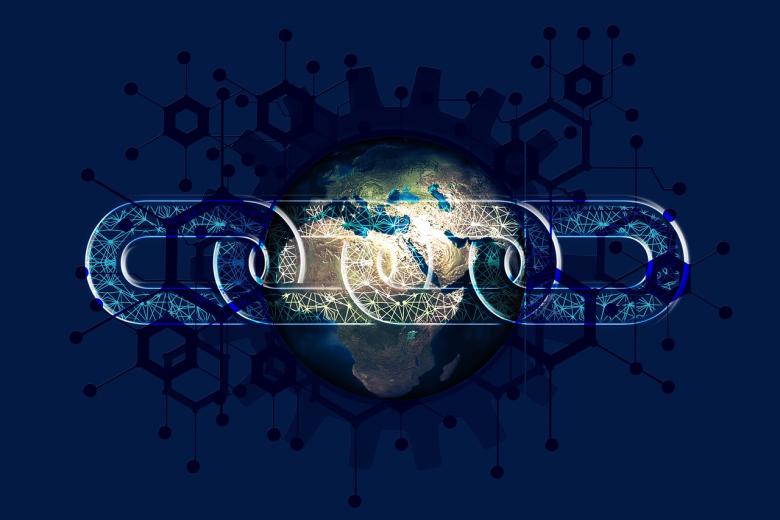
The Anti-SLAPP Directive as a Roadmap for SLAPP Targets and the Obstacles Along the Way
- Law
To uphold the right to freedom of expression and information, it is essential that ‘public watchdogs’, including journalists, academics, bloggers, human rights activists, and NGOs can expose and highlight social issues, such as corruption and violations of fundamental rights. However, there has been an increase in lawsuits aimed at silencing these persons, known as strategic lawsuits against public participation (SLAPPs), which are usually initiated by wealthy or influential individuals or companies.

The Withdrawal of the AI Liability Directive: A Critical Reflection on AI Liability in the EU
- Law
On September 28, 2022, the European Commission proposed the AI Liability Directive (AILD) as part of its strategy to create a unified regulatory framework for AI technologies in Europe. The Product Liability Directive (PLD), proposed at the same time, has since garnered acceptance and was adopted into EU law in October 2024. The AILD Directive suffered a very different fate, resulting in its recent withdrawal.
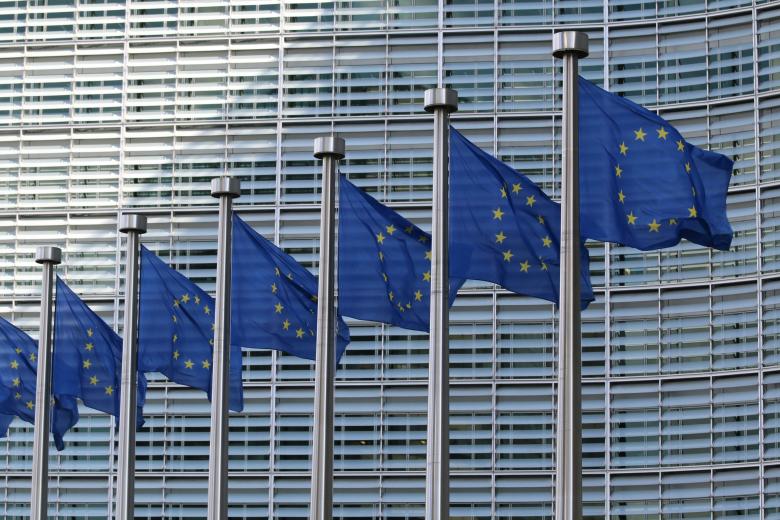
Dissecting Tort Liability for AI-Driven Technologies in Surgery
- Law
I had the pleasure discussing my research at the intersection of law, health, and technology at the M-EPLI Talk on 5 November organised by Professors Daniel On and Kate O’Reilly. In the talk, I focused on medical liability for the use of AI-driven technology in medicine. And now in my role as a M-EPLI blogger, I provide below a summary of the Talk’s main themes.
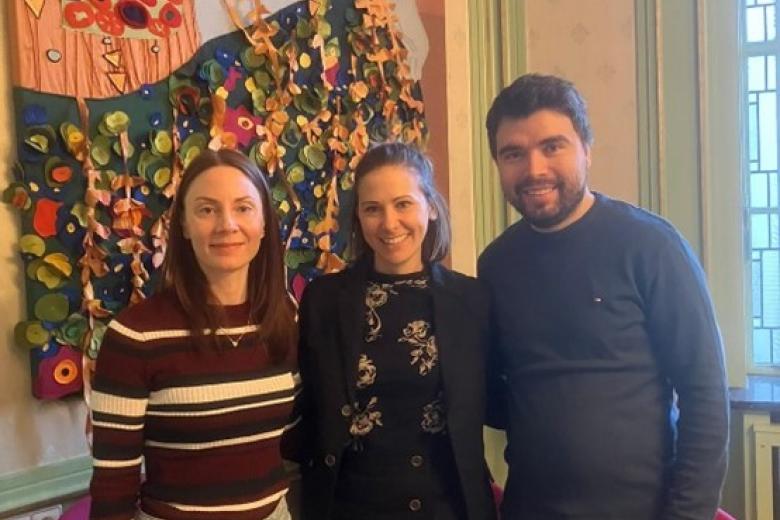
EU Regulation Update: The Digital Services Act (DSA) Now in Force
- Law
Written by Mindy Nunez Duffourc, Johanna Gunawan and Caroline Cauffman.
The Digital Services Act (DSA), which entered into force on 17 February 2024, governs (online) intermediary services, such as social network platforms and online marketplaces. The DSA seeks to harmonise the rules for ‘safe, predictable and trusted online environment’ (Art. 1) for all consumers in the EU regardless of where the intermediary service providers are located. (Art. 2)

Are consumers well protected in cloud computing contracts?
- Law
Every time consumers use online email, stream music or videos or archive pictures on the internet, it is quite likely that they are using cloud computing. Those online pictures, videos or emails are not stored on consumer’s computers. Instead, they are processed and stored on a group of remotely located computers accessed over the internet, referred to as “the cloud”. While cloud computing can offer consumers a similar, or even better, experience compared to the situation when videos, music or pictures are stored locally on users’ own computers, cloud computing raises some interesting legal questions. These concern the rights of consumers when they enter into contracts with companies providing cloud computing products.

Professor Vanessa Mak challenges the a one-size-fits-all model of the consumer in modern consumer law in her M-EPLI Talk
- Law
M-EPLI was delighted to have Professor Vanessa Mak in Maastricht to discuss her research on consumer law and policy at the M-EPLI Talk on February 6th.
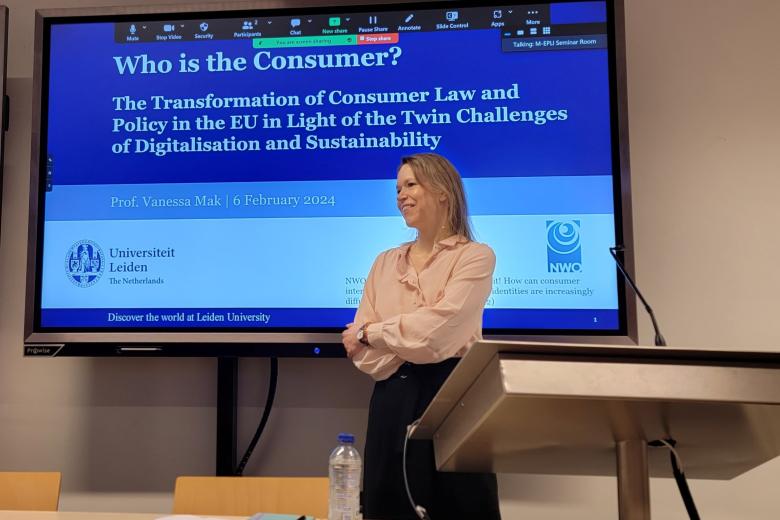
FullCompensation: Pain and suffering damages shouldn’t be a lottery
- Law
The pain and suffering of accident victims does not have a price and, in claims for damages, no fixed economic value. Thus, quantifying the amount of money needed to compensate for pain and suffering is a subjective exercise often influenced by adjudicators’ biases.
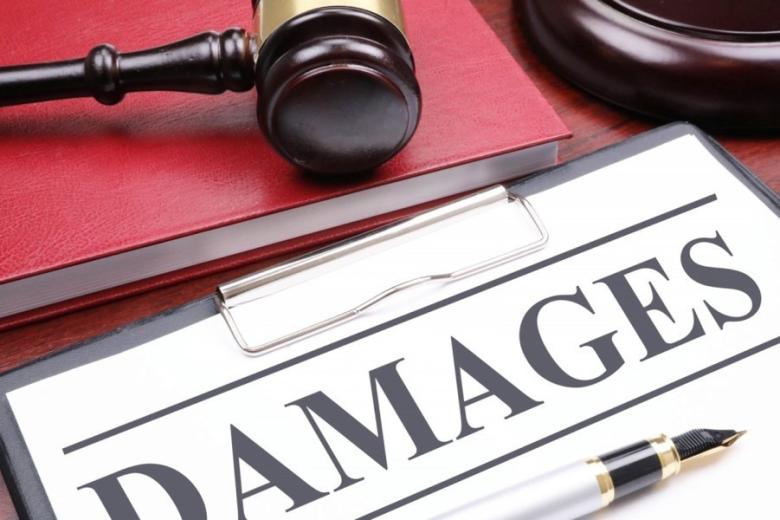
Summary of the Ius Commune Workshop on Contract Law (11 May, 2023)
- Law
The topic of this year’s workshop was “The Intersection between Sustainability and Contract Law”.
